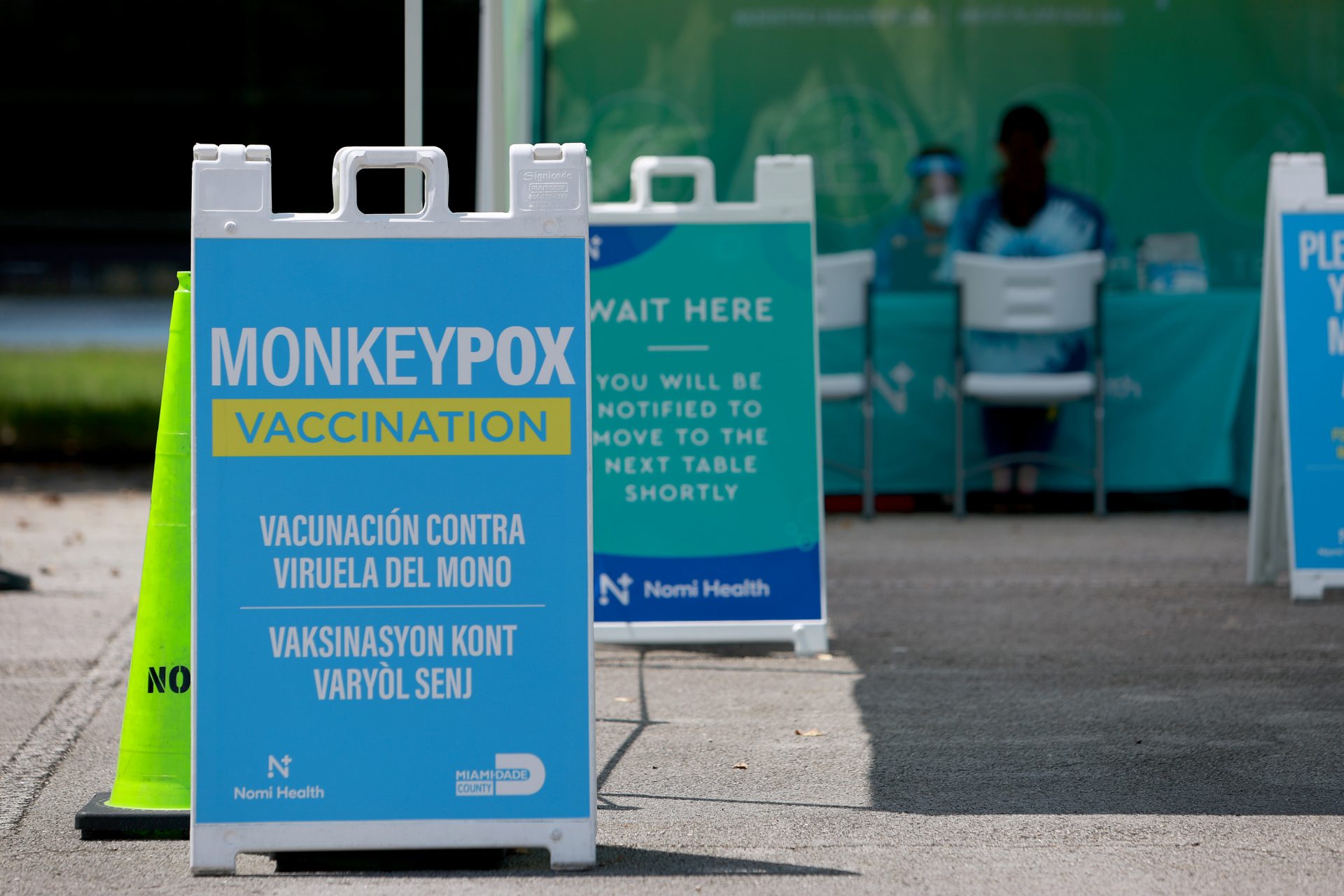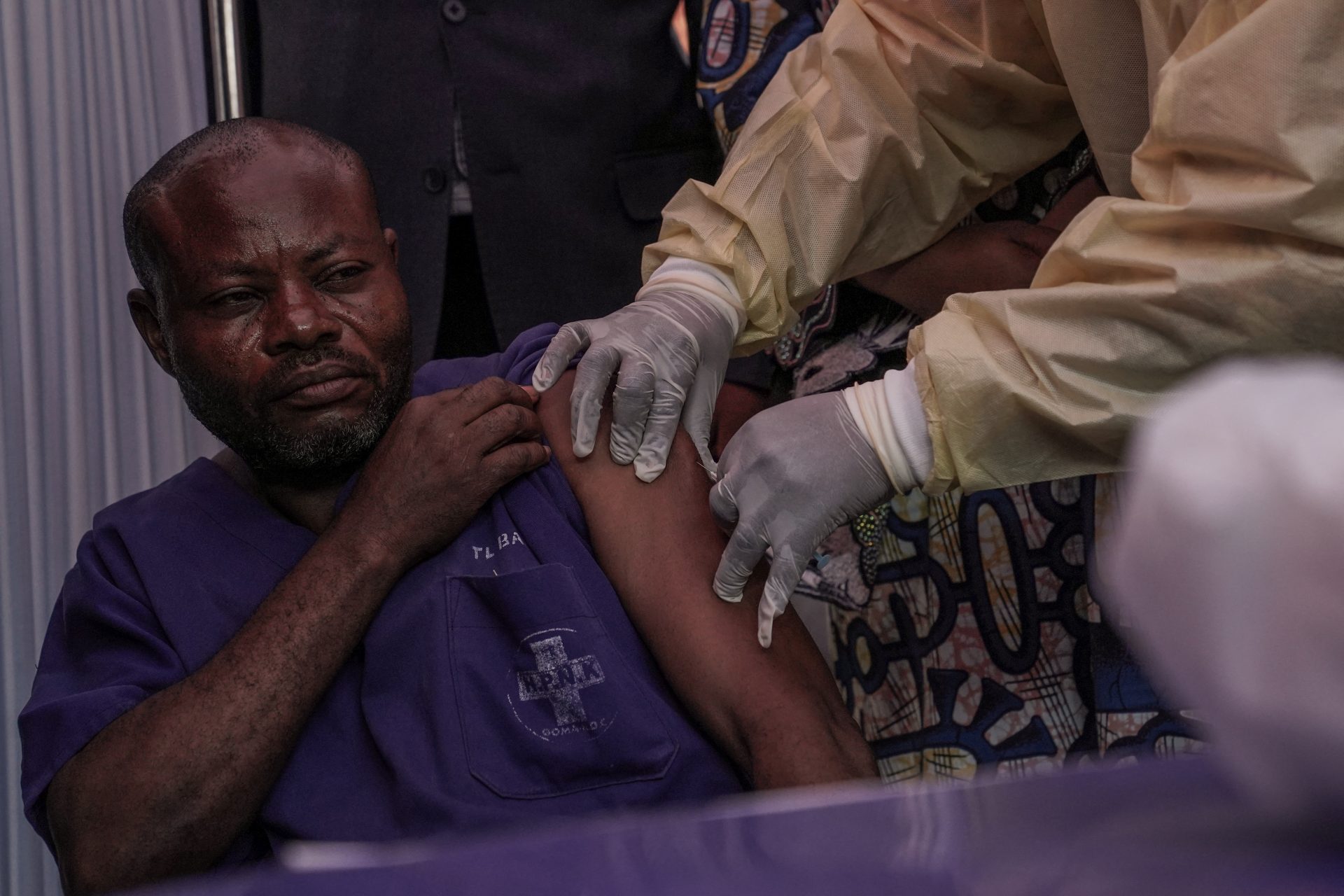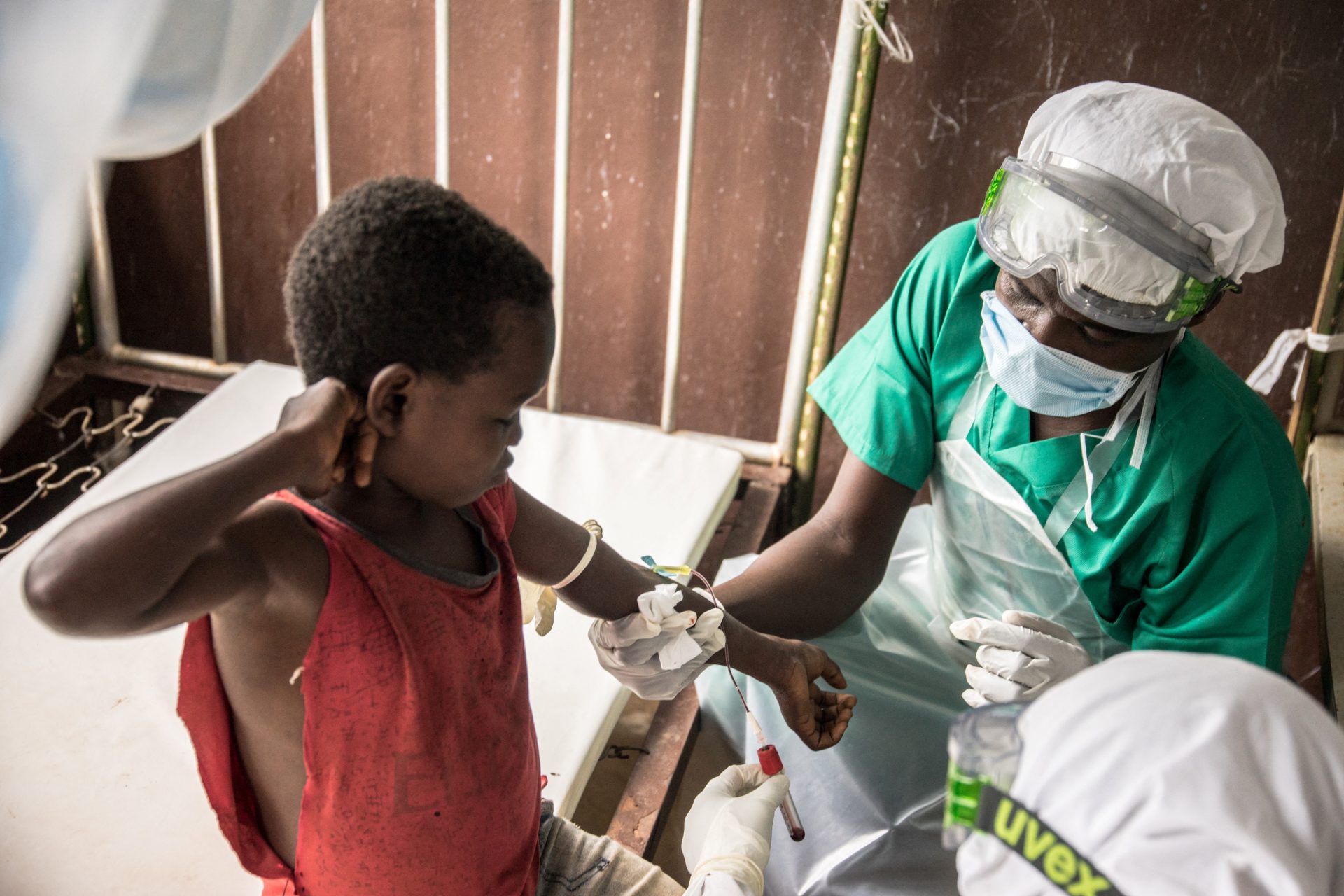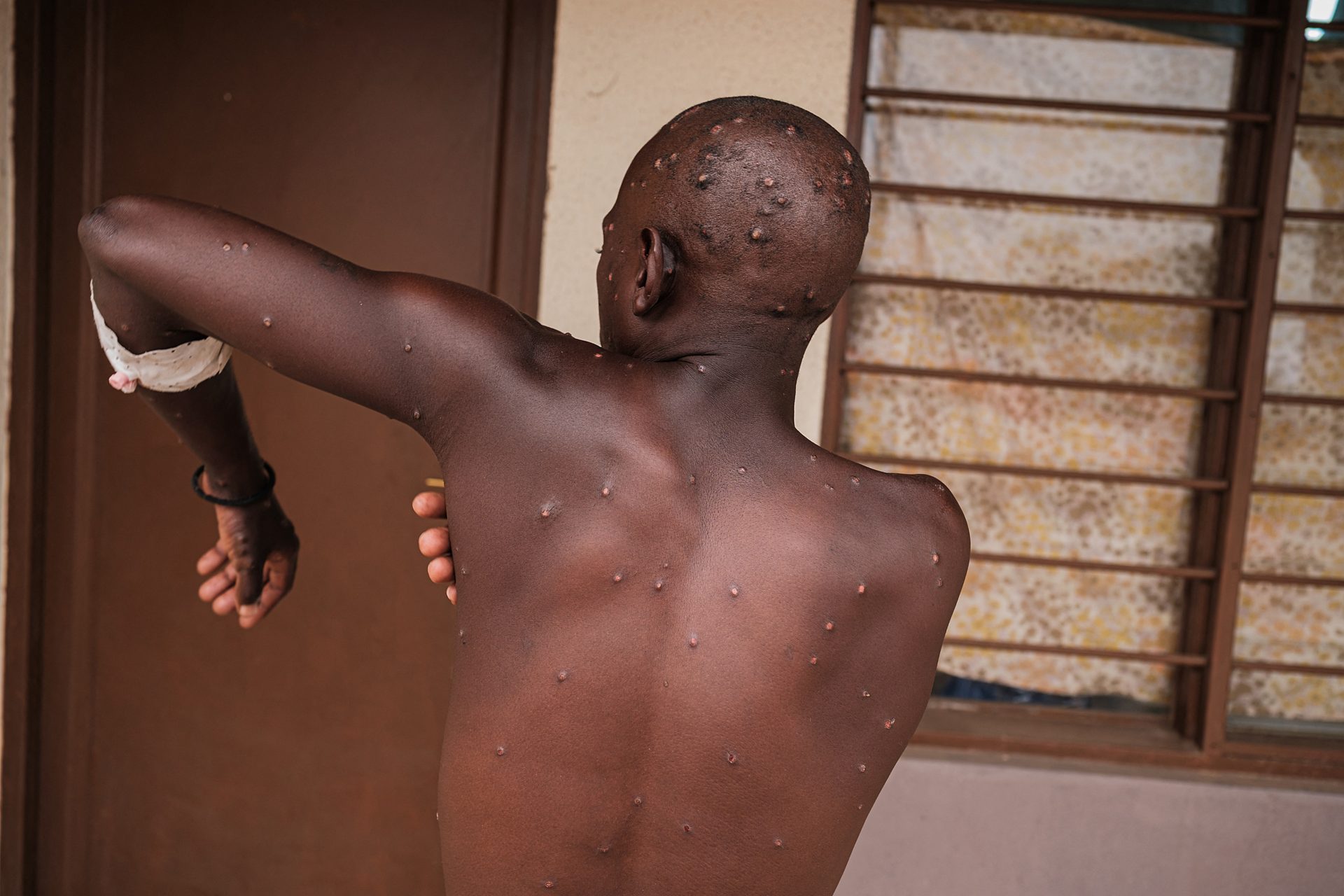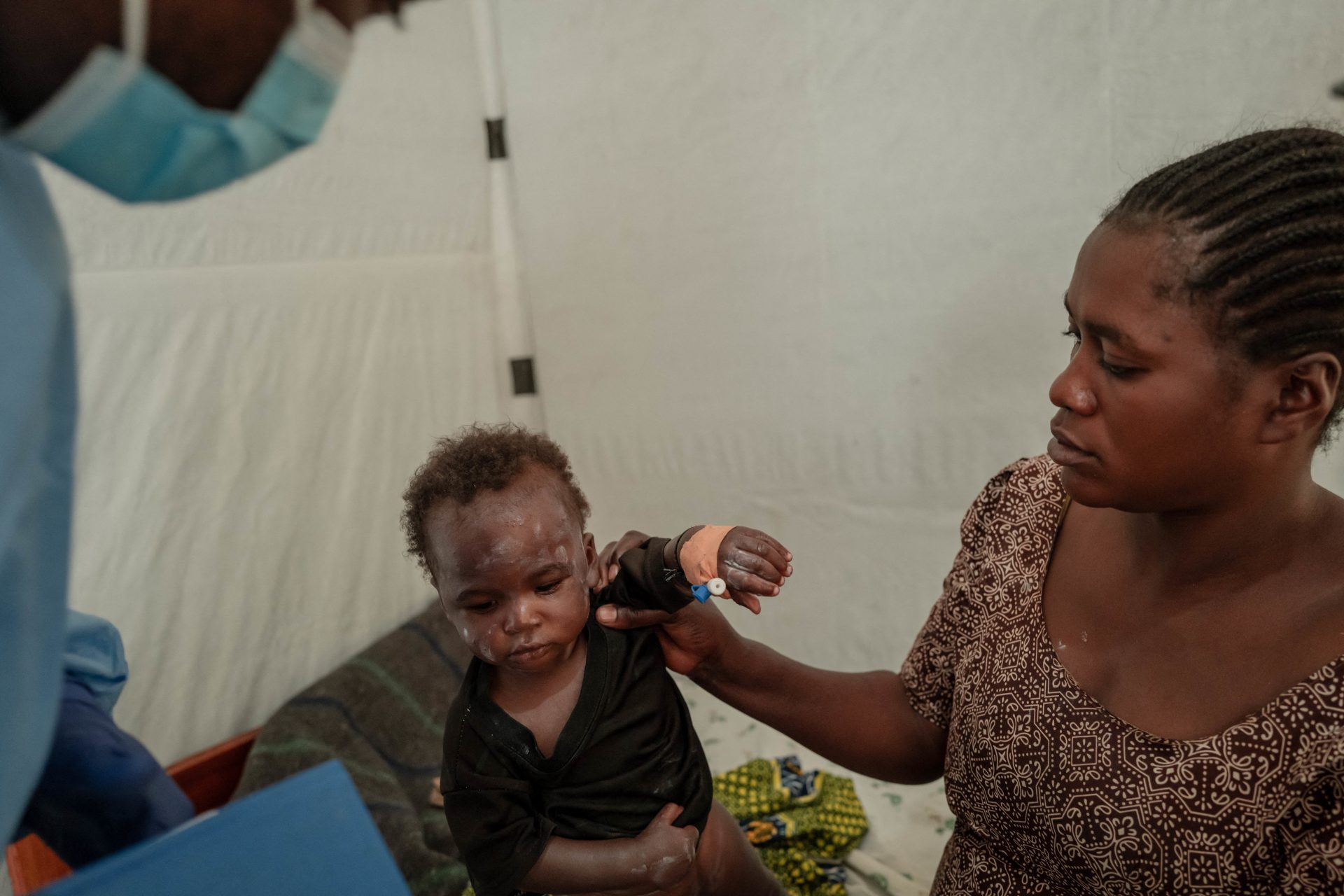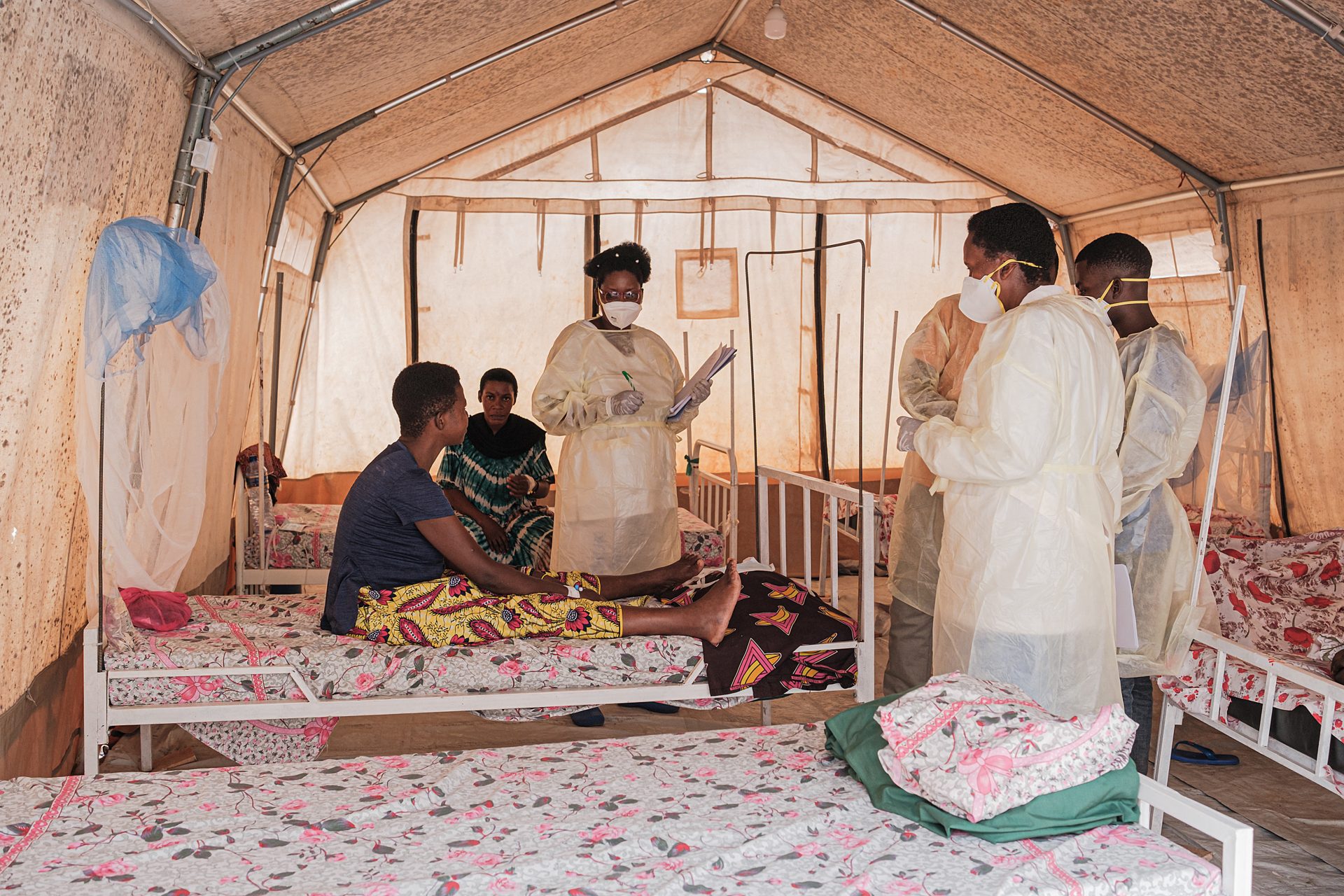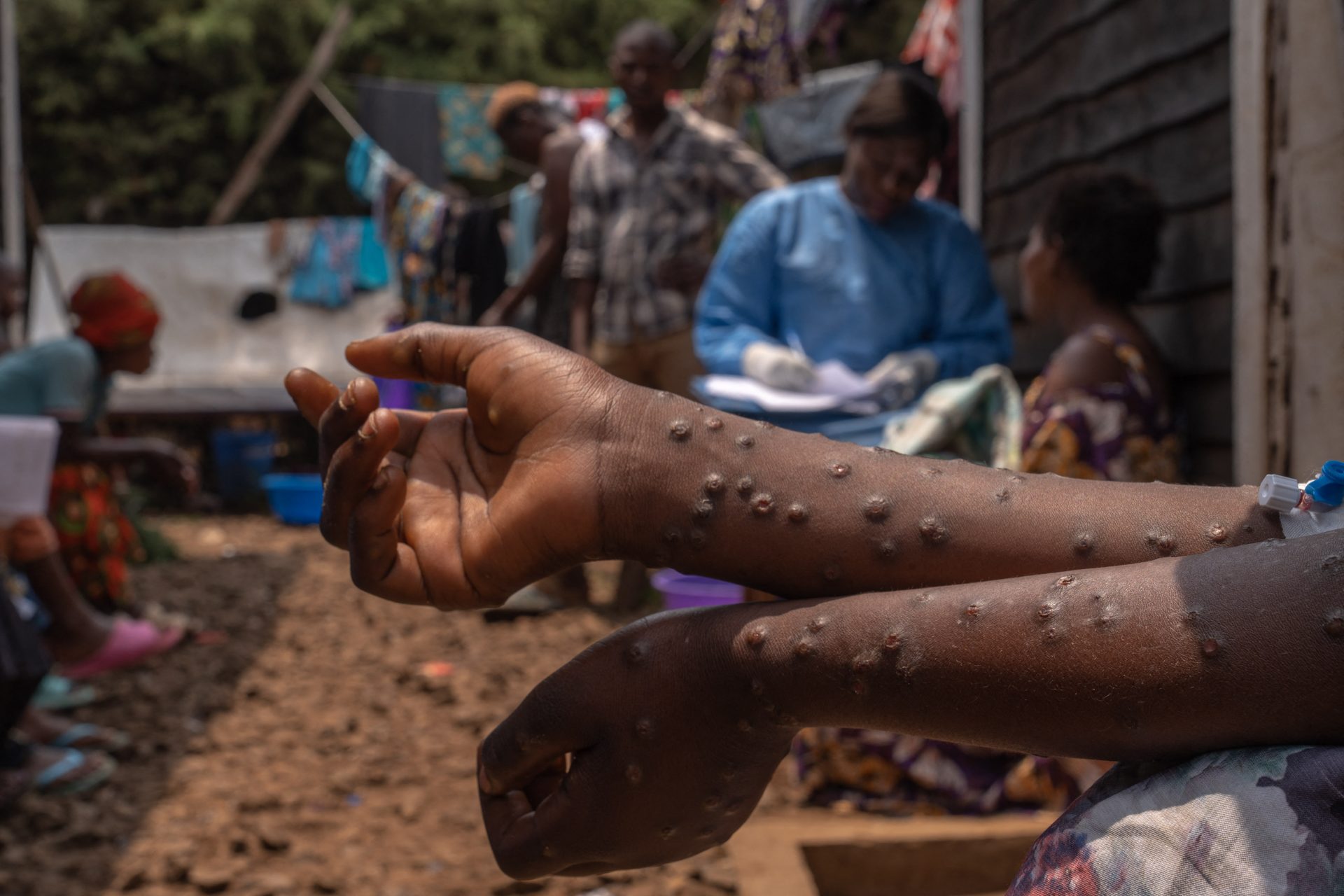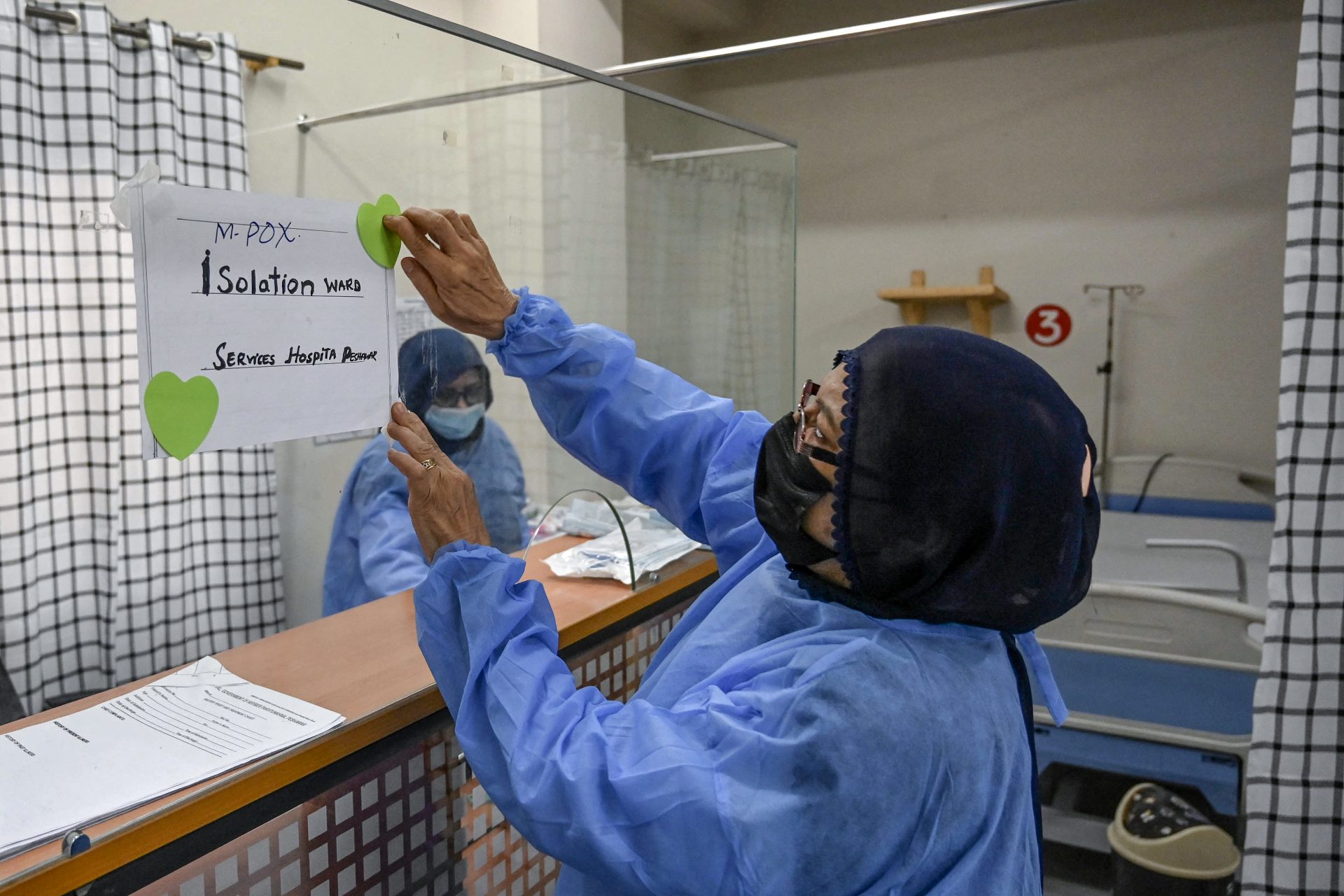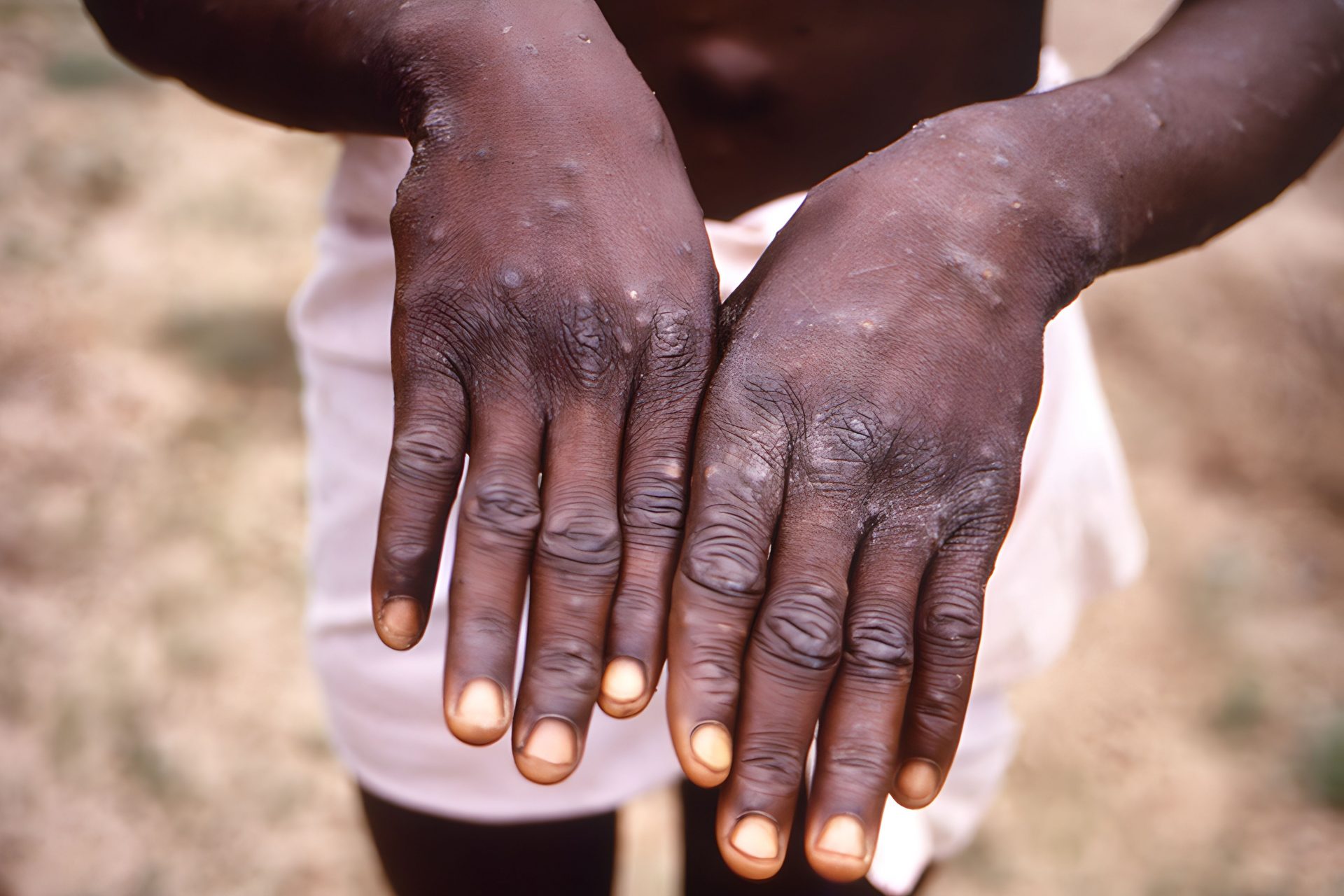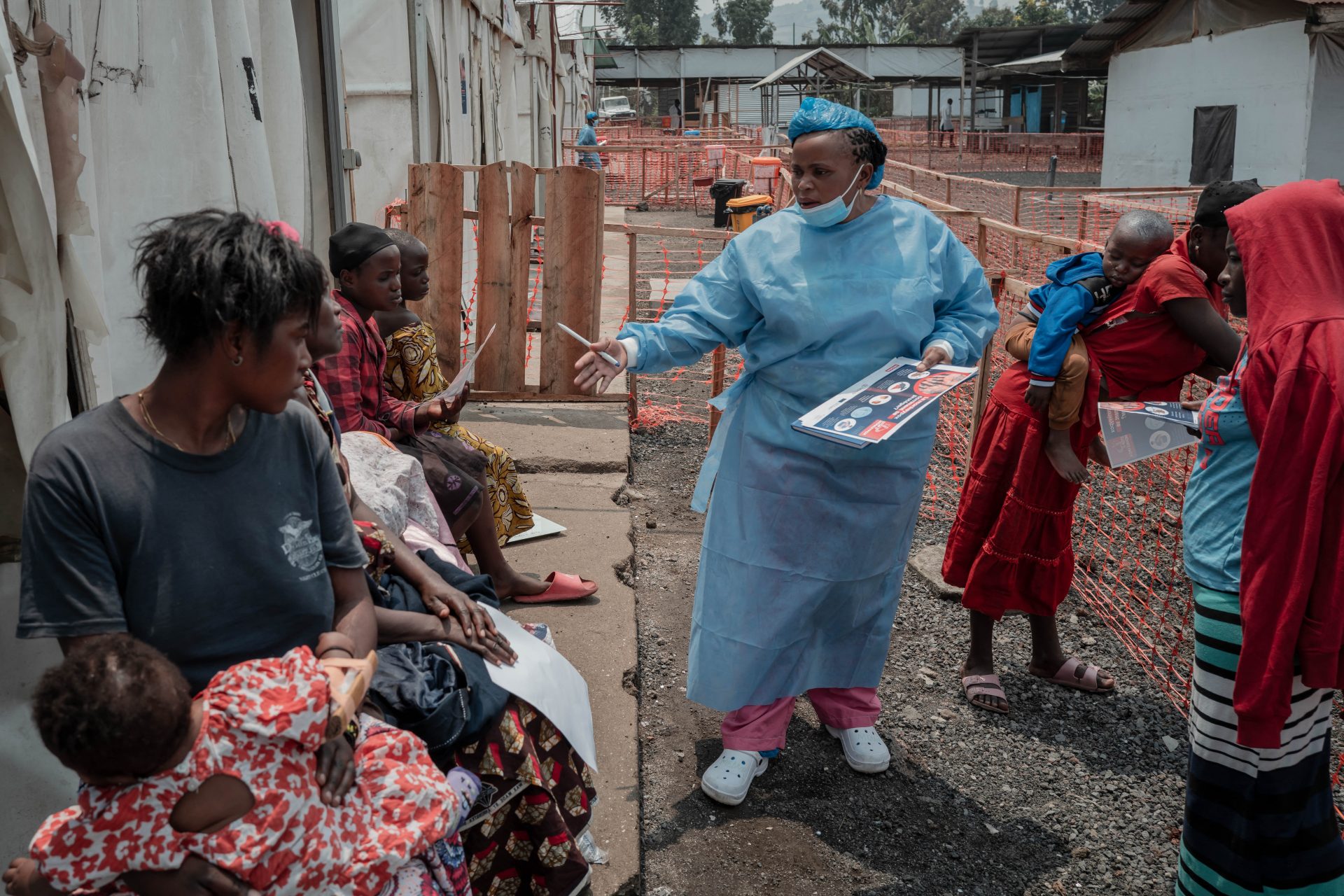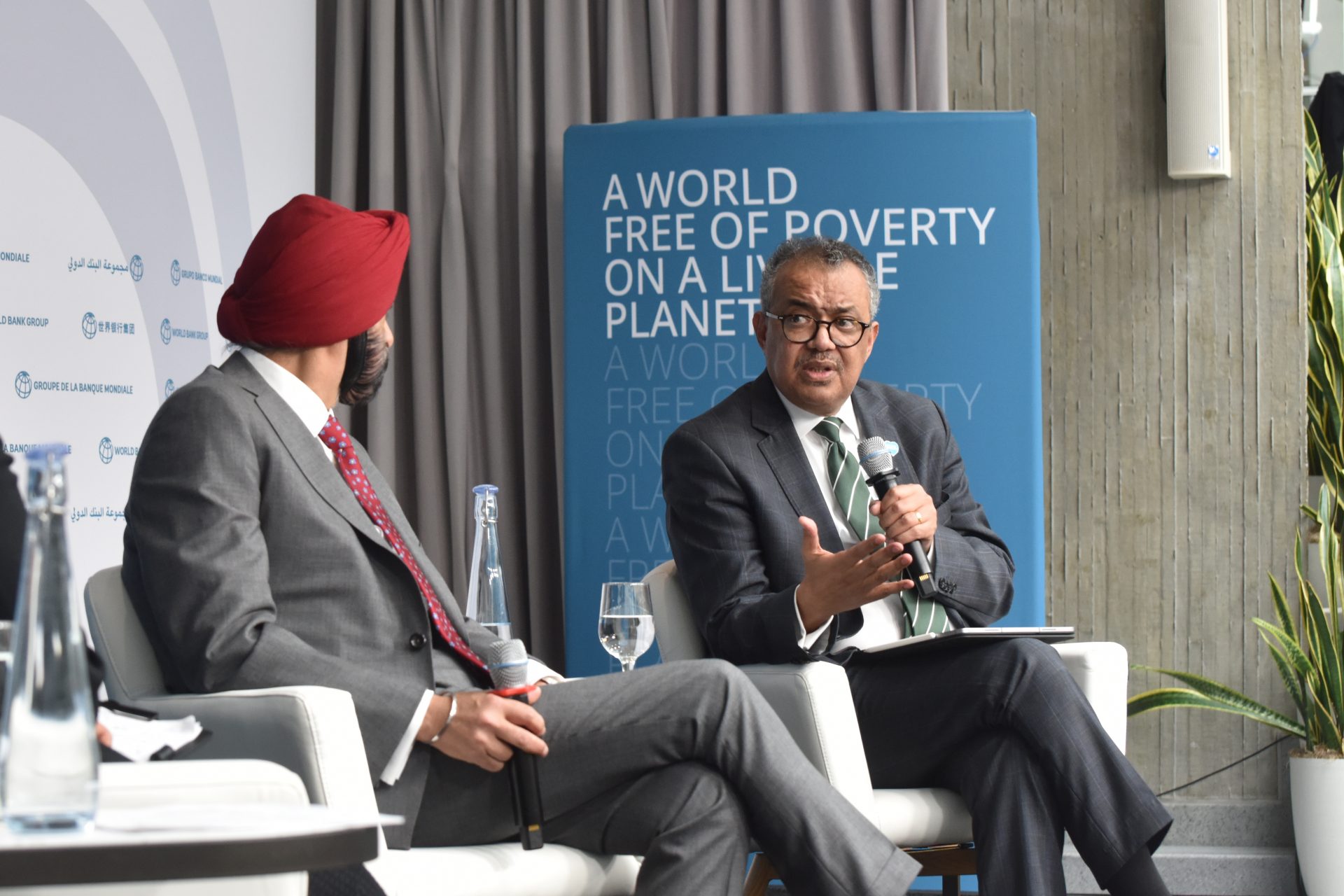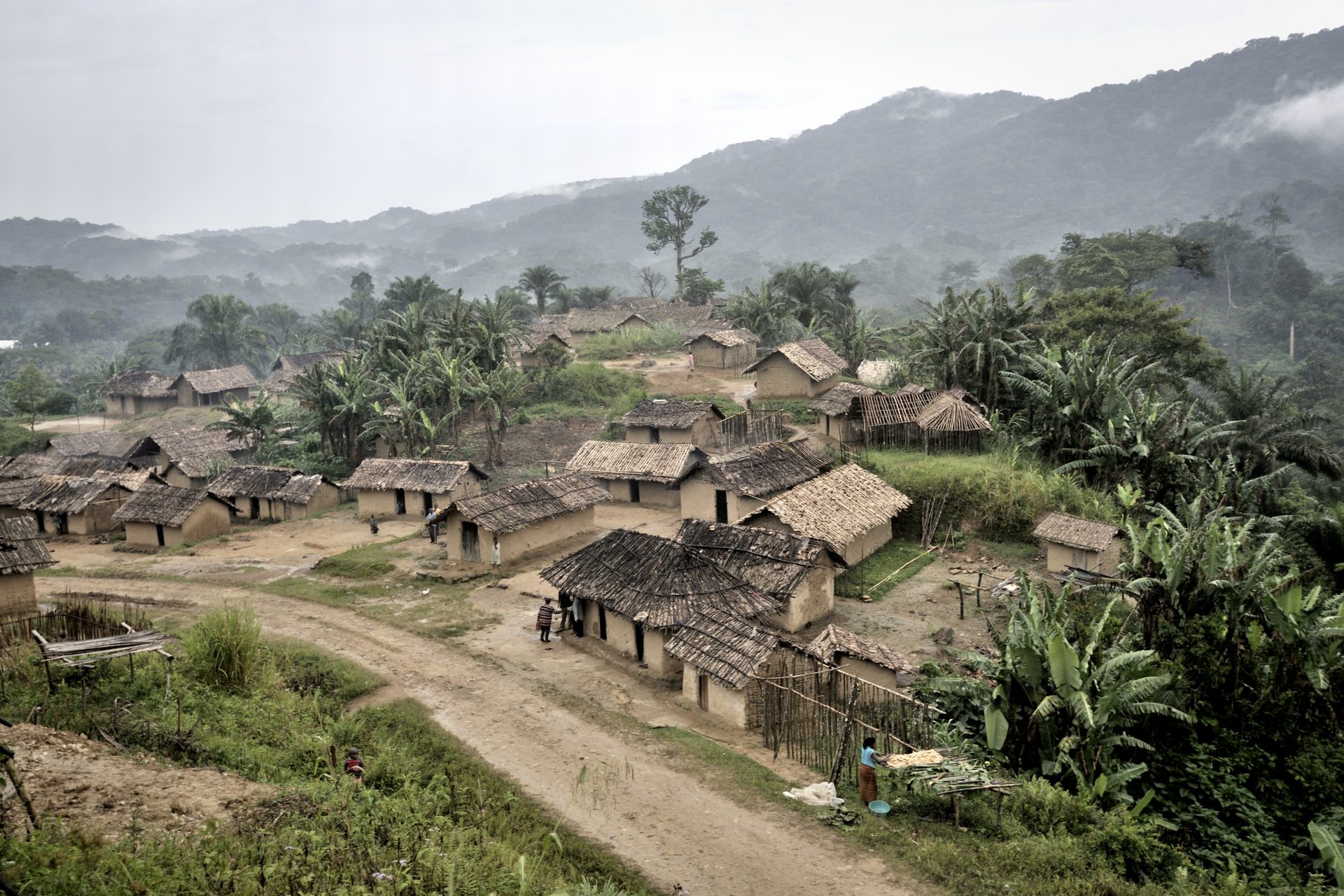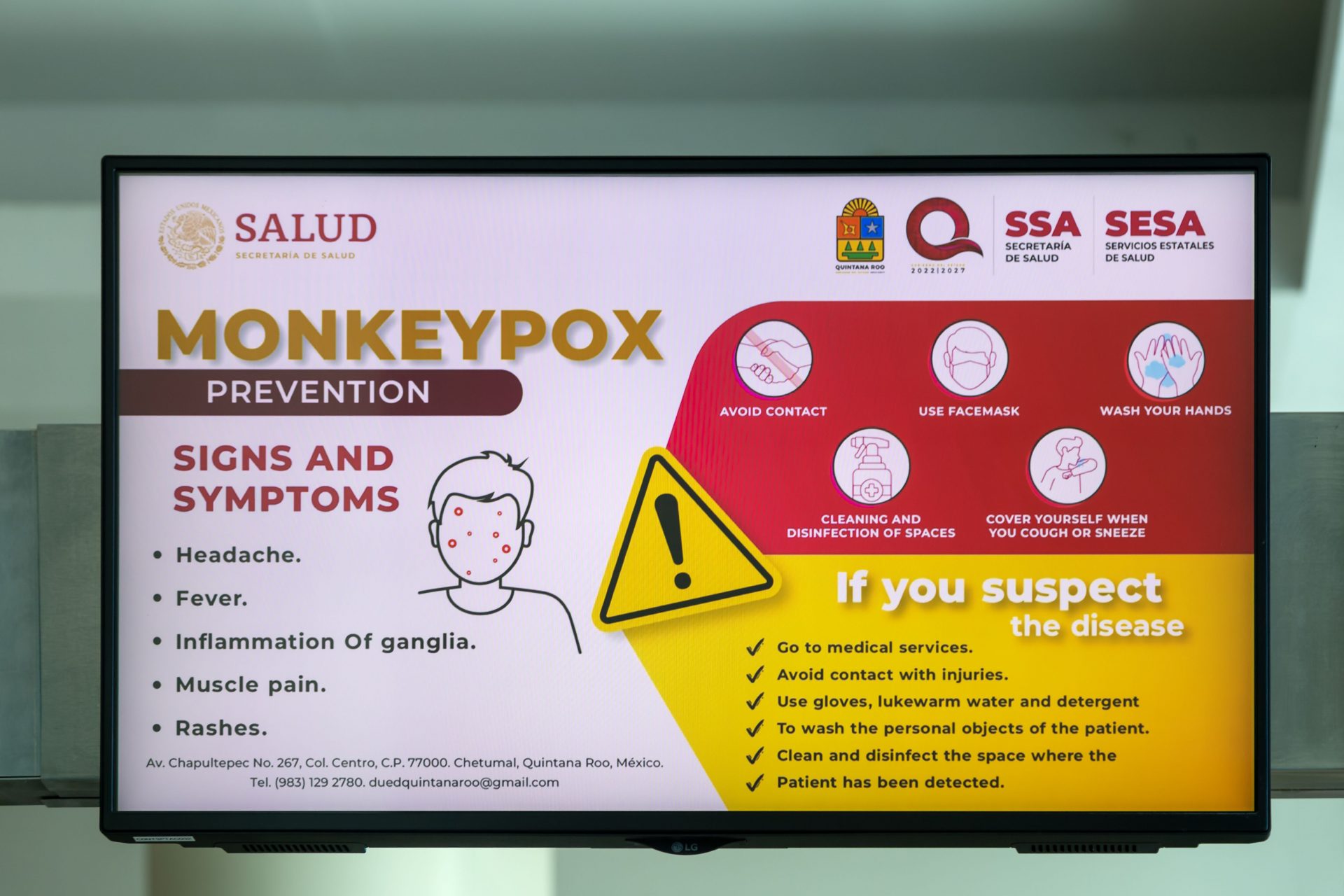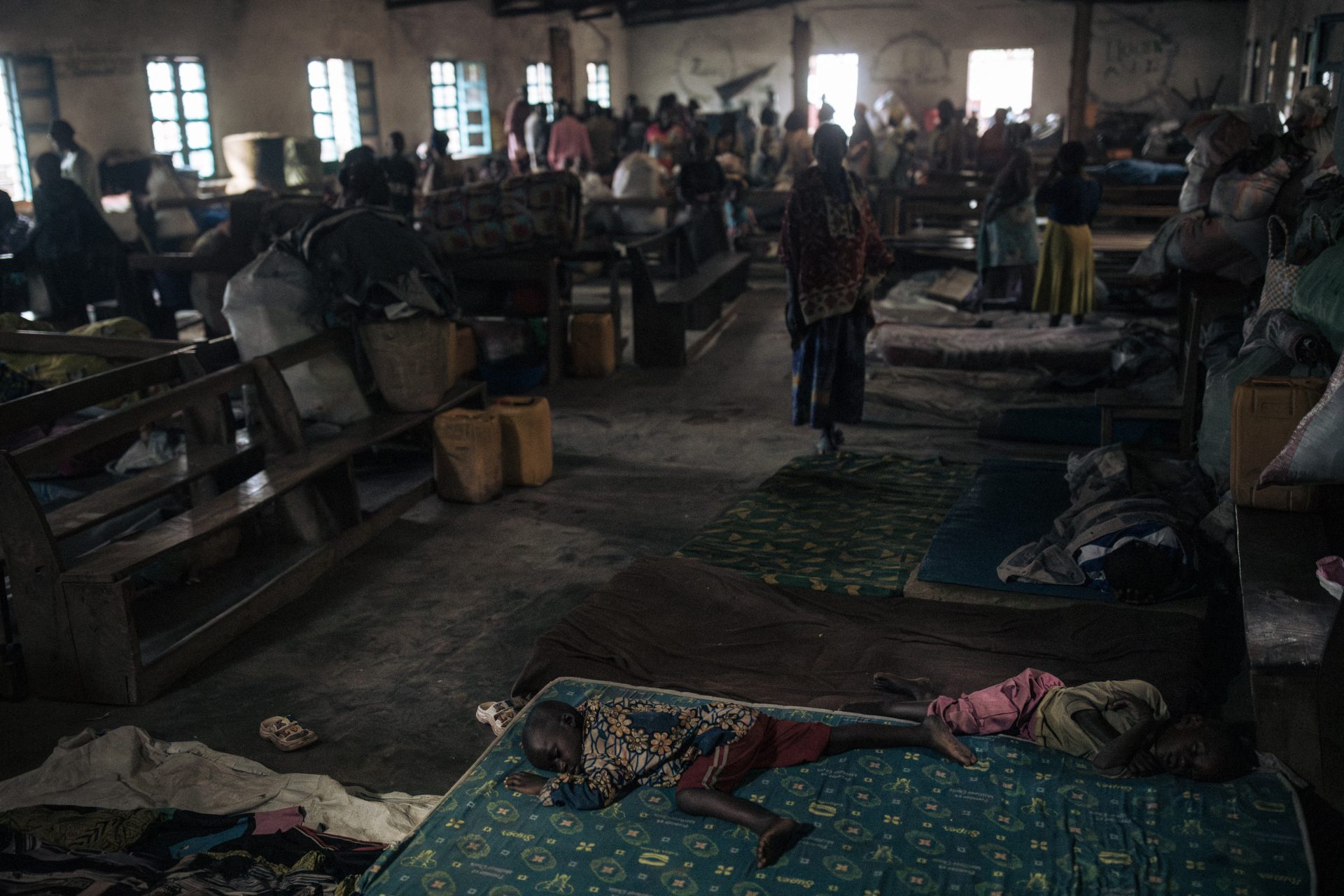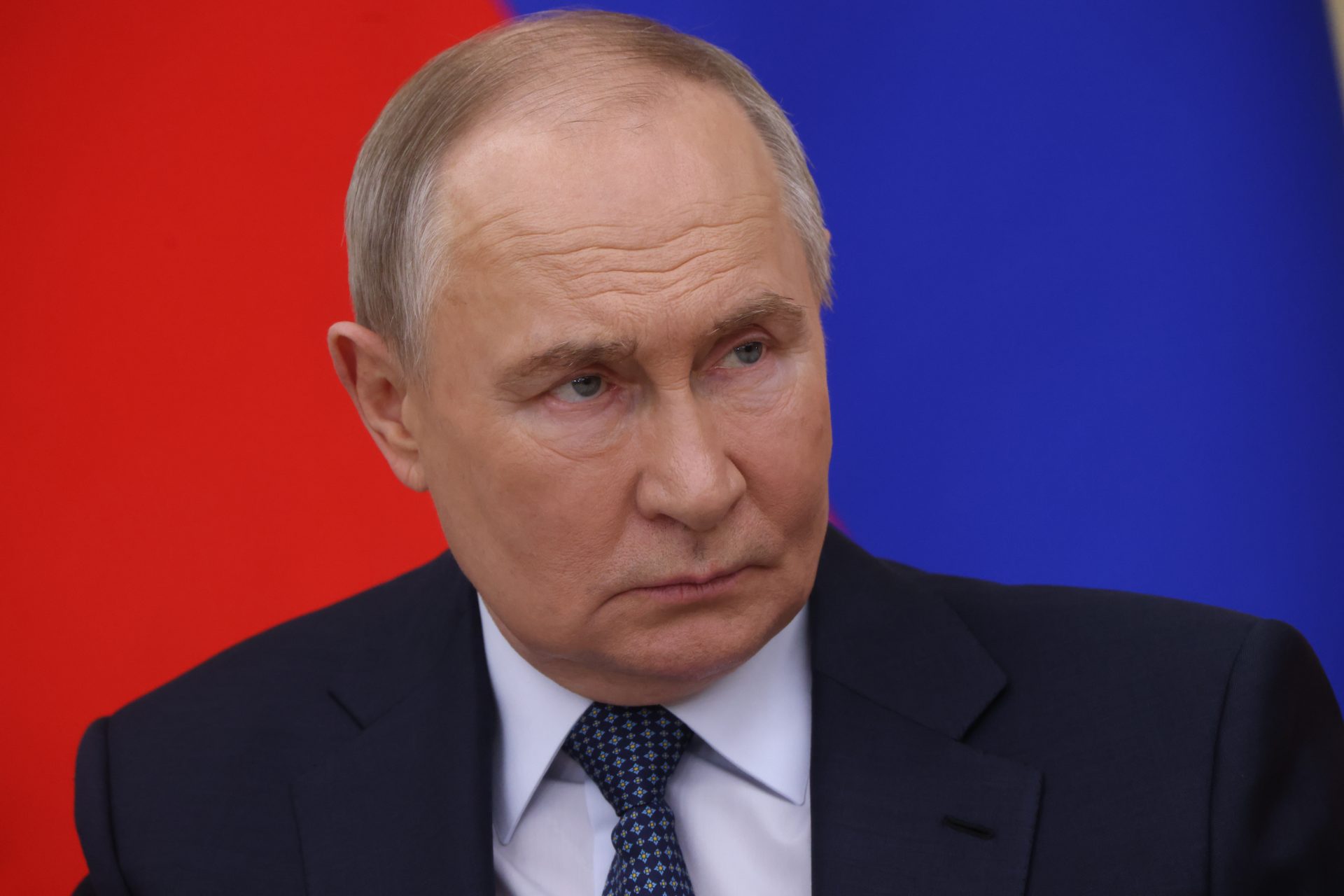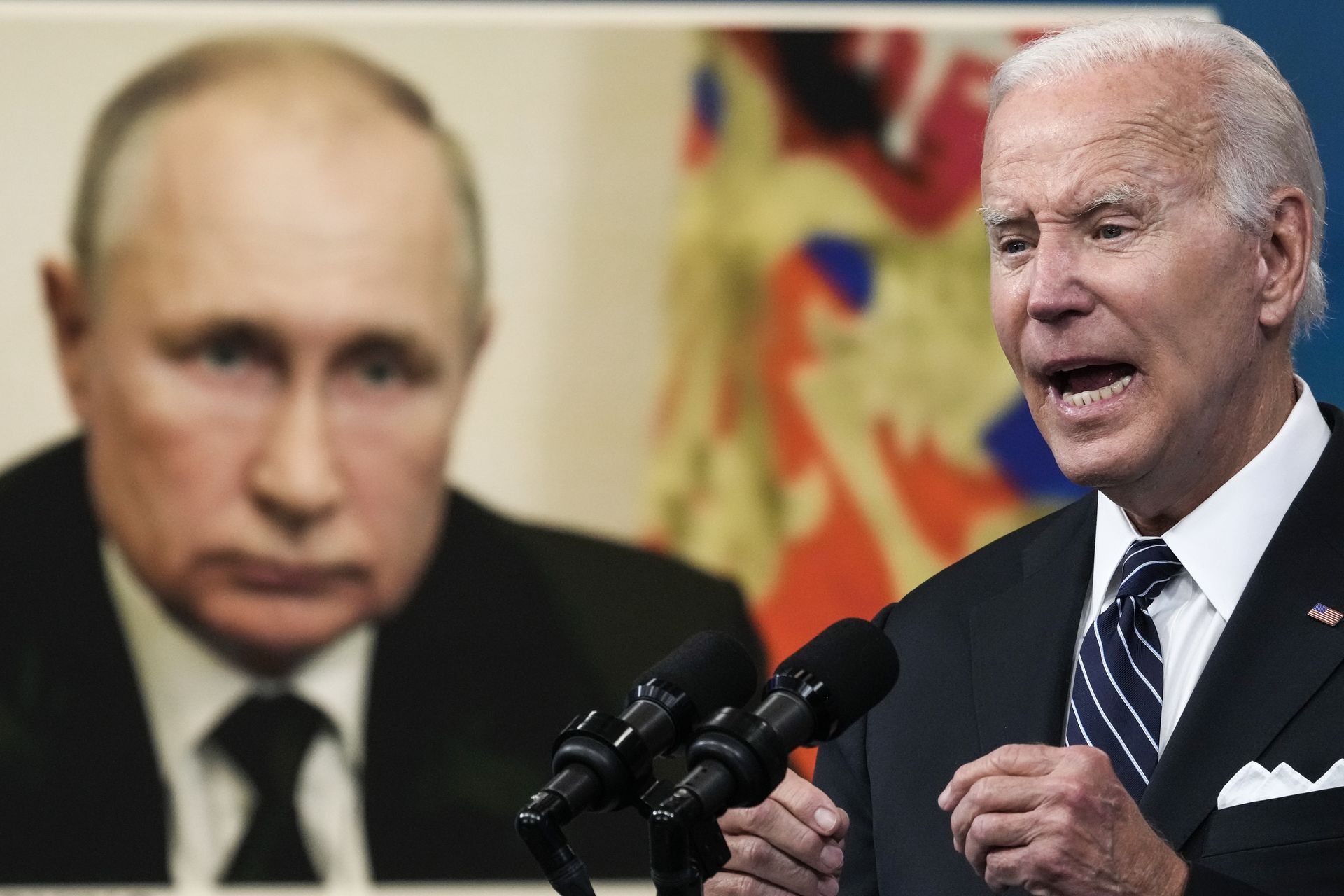The deadly mpox virus has spread to the US and UK despite vaccines
The EU has sent 122,000 vaccines to African countries to tackle the deadly strain of the mpox virus– previously known as monkey pox.
Meanwhile, the Access and Allocation Mechanism for mpox has allocated an initial 899,000 vaccine doses for 9 hard-hit countries across the African region, the WHO reports.
But Dr Mona Nemer, chair of the International Pandemic Preparedness Secretariat, writes in The Guardian that more testing is needed in communities to stop the spread of mpox which has reached the US, the UK, Germany, India and Sweden.
The vaccine batches are being sent to Africa only after 70 other countries received their anti-mpox vaccines, despite Africa being the epicenter of outbreaks of the disease which have been ongoing for decades.
Medical officials and scientists say the delay flags up concerning tendencies in the way international agencies such as the World Health Organization (WHO) deal with global health emergencies, The Guardian reports.
A six-month plan has also been launched by the WHO to tackle outbreaks of mpox transmission. The plan involves increasing health workers in affected countries and boosting surveillance, prevention, and response strategies.
But Nemer points out that at Day 100, we still don't have a WHO-approved antigen-based RDT, or true point-of-care tests that can tell what strain it is.
Cases have also surfaced in Pakistan, both victims coming into the country from the Gulf region. According to the locals news site Anadolu Ajansi, Pakistan has seen 11 mpox cases since 2023 and one death.
The case of mpox was confirmed in Sweden hours after the alarming spread of the disease prompted the World Healthy Organization to declare a global health emergency for the second time in two years.
Tearing across the Democratic Republic of Congo into neighboring central and East Africa, mpox has produced 11,321 confirmed cases and %· deaths in 18 countries in 2024 to date, largely among children, the WHO reports.
A viral infection, mpox causes pus-filled lesions and flu-like symptoms and is dangerous for children under 15, pregnant women, and those with vulnerable immune systems, such as those with HIV.
Scientists are concerned about the new variant which appears to have a higher fatality rate, with the potential to kill 10% of those infected and is thought to spread more easily. WHO boss Tedros Adhanom Ghebreyesus said the potential for further spread within Africa and beyond “is very worrying.”
The 18 countries reporting cases, including Uganda and Burundi, Kenya and Rwanda. Africa CDC has reported that there are 160%-plus more cases than during the same period last year.
“Mpox, originating in Africa, was neglected there, and later caused a global outbreak in 2022. It is time to act decisively to prevent history from repeating itself,” professor Dimie Ogoina, chair of the IHR emergency committee on mpox is quoted saying on the news site, Devex.
An offshoot of the smallpox virus, mpox has dogged parts of Africa with sporadic outbreaks ever since the first ever human case emerged in the Congo in 1970.
The new strain of the virus appears to be spreading at an alarming rate via both intimate and close contact, the latter being a problem among children in displacement camps in parts of Congo which has been racked by conflict for over 30 years.
More for you
Top Stories



